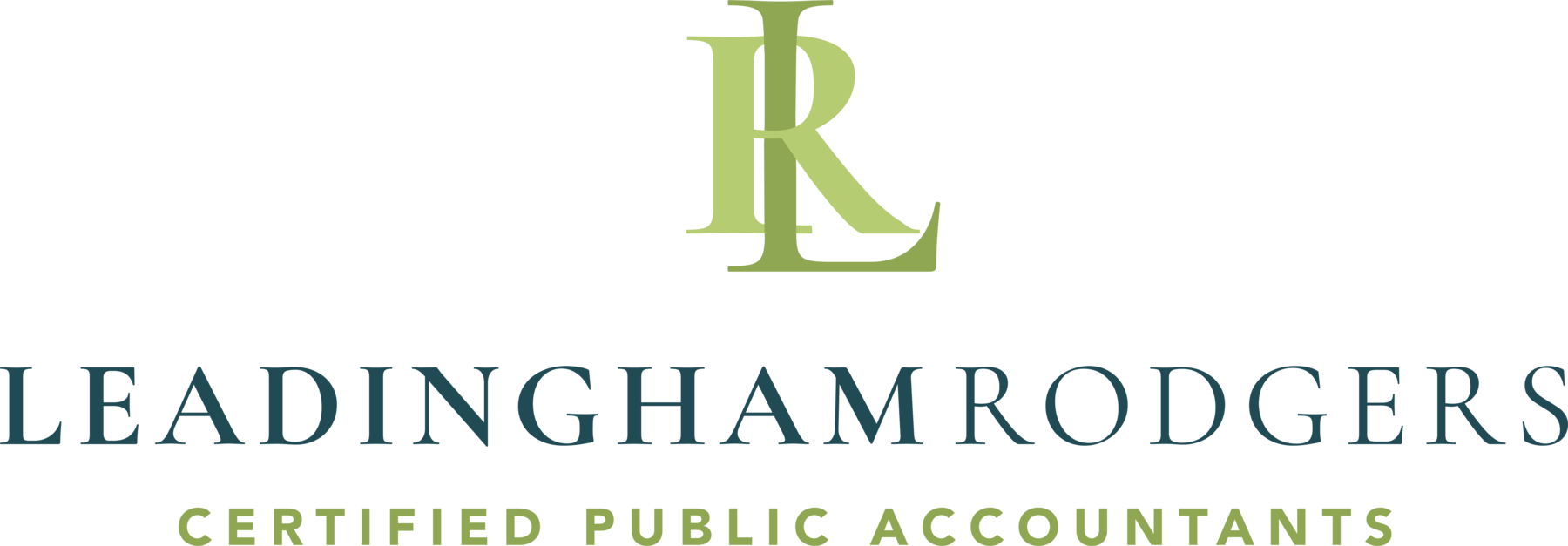If Alabamans aren’t nationally recognized for their entrepreneurial spirit, they truly ought to be. With…

How to Prevent Business Fraud: 5 Tips from CPAs
As a business owner, your job is to manage the big picture, making sure that your vision is executed at every possible level. But while you’re making connections, nurturing your brand image, and keeping the wheels of your industry turning, it’s easy for smaller details to slip between the cracks. Nowhere is this more true than in the case of your finances—which is how businesses lose an average of 5% of their revenue to organizational fraud every year.
“Organizational fraud” is a complex term covering deceitful activities committed against businesses by outside agents and internal employees. Whether you’re running a cozy coffee shop, a major manufacturing company, or anything in between, your finances are at risk without a robust fraud prevention plan in place. So, how can Montgomery businesses protect themselves? Let’s take a closer look.
What Are the Most Common Frauds in Small Business?
The Association of Certified Fraud Examiners (ACFE) defines three major categories of fraud for every size of business: corruption, asset misappropriation, and financial statement fraud.
The most common source of occupational fraud is:
- Asset Misappropriation (indicated in 86% of reported cases): any theft or misuse of the company’s resources by an employee. Common examples include skimming money, lying on expense reports, and stealing/misusing company property.
The next two most common fraud categories are:
- Corruption (indicated in 50% of reported cases): dishonest behavior perpetrated for the financial gain of individuals in power. Common examples include bribery, kickbacks, bid rigging, and other conflicts of interest.
- Financial Statement Fraud (indicated in 9% of reported cases): schemes that involve intentional misrepresentations or omissions on a company’s financial statements. Common examples include overstating net income, concealing liabilities, or incorrect valuations of assets.
As you can see, many fraud cases involve more than one type of dishonest activity. Altogether, these actions account for hundreds of thousands of dollars in lost revenue annually.
Top Organizational Fraud Prevention Tips
Involve Employees in Financial Fraud Training
More than half of all fraud tips in 2022 came from employees, meaning they can be your greatest asset. No one likes to come across as a paranoid boss or manager. But with the right fraud training programs, you can deter employee fraud and equip well-meaning employees with the knowledge of what red flags to watch for. That way, everyone can work together to protect their mutual interest in the company’s success.
Separate Accounting & Cash-Handling Duties
Small businesses are especially vulnerable to asset misappropriation schemes because, often, one person is in charge of all accounting duties. That makes it both tempting and easy for that person to tamper with checks, inflate or fabricate invoices, or skim payments. Make sure you hire at least two people to handle financial activities like handling petty cash, processing payments, and making bank deposits.
You may also want to rotate job duties between these employees so each can check the actions of the other. For example, you might have Accounts Receivable & Accounts Payable employees change out every few months. Better yet, you can enlist the help of a CPA to manage and safeguard your bookkeeping, payroll, and financial statements.
Shore Up Any Digital Weak Spots
In today’s world, computerized payroll, accounting software, and cloud-based workspaces are incredible assets—essentially a requirement for modern businesses. But ensure you keep these systems up-to-date and protected by antivirus software, firewalls, and two-factor authentication checks. Consider choosing software that comes with financial fraud detection tools that can help you detect suspicious activity early.
Encourage an Ethical Company Culture
We all try our best to hire honest people. But sometimes, despite our most vigorous background checks, personality tests, and reference reviews, an employee will crack under the pressures and temptations of fraud. It’s important to set clear boundaries, expectations, and examples for employees.
Give employees ways to report suspected fraud anonymously, and follow up on even the smallest report or tip. Make sure that employees understand clearly what constitutes fraud and how it will be handled. Finally, try to make sure all your employees take their vacation. This isn’t just a gesture of goodwill: fraudsters are known for avoiding vacation because they can’t cover up their illegal activities while they’re away.
Review & Audit Your Accounts Often
It’s all too easy to become complacent when the books check out month after month. But the moment you stop monitoring them for missing checks, unrecognized payments, or other suspicious activities, you leave your account vulnerable to fraudsters. Consider hiring a CPA for surprise audit, review, and compilation services. This can both help you catch early warning signs of fraud and demonstrate to your employees that you’re watching the financial records closely.
Get Support from a Certified Public Accountant
A Certified Public Accountant can be one of your biggest assets in the fight against occupational fraud. The earlier you catch suspicious financial activities in your organization, the better your chances of mitigating losses, maintaining your business reputation, and achieving your business’ goals. Don’t let opportunists—or simple mistakes—cost you what you’ve fought so hard to build. Let the CPAs at Leadingham Rodgers put our accounting and auditing skills to work for you.
Leadingham Rodgers: Fraud Prevention & Forensic Accounting in Montgomery, AL
If you are concerned about your business’ accounts or fraud prevention programs, call the CPAs at Leadingham Rodgers. One of our many accounting services, forensic accounting can provide a detailed analysis of your financial records, investigating for any fraudulent activities and helping you manage any financial losses or illegal accounting practices we discover. Call (334) 721-2548 or contact us online to learn more.



